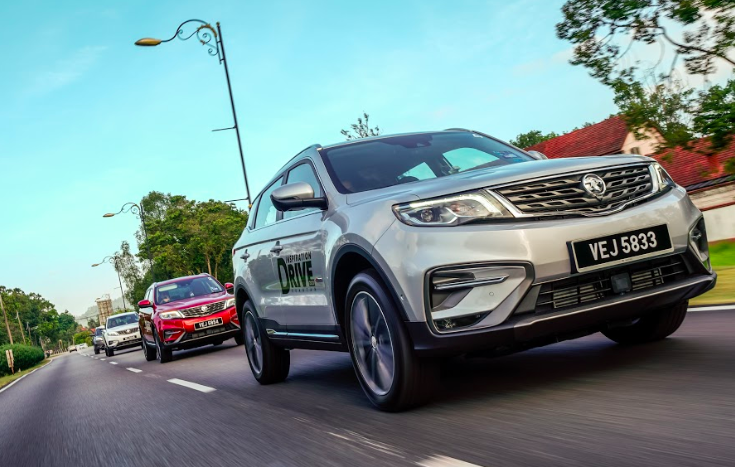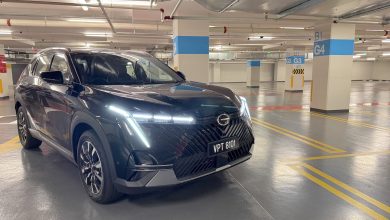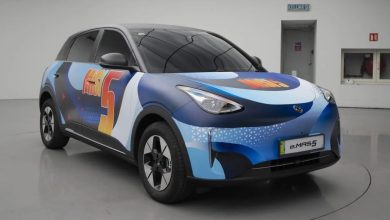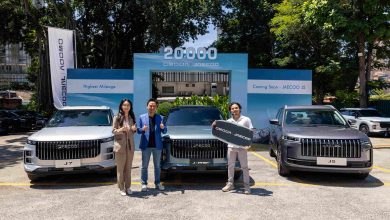MITI Minister Zafrul: Malaysia Ready To Become ASEAN’s EV Hub

Tengku Zafrul cites existing electronics industry as strong foundation for Malaysia’s ASEAN EV ambitions.
While we might certainly be on the back foot when it comes to EV adoption, our government is nevertheless confident that Malaysia might soon become the a major player in this space. And our current minister of investment, trade and industry, Tengku Zafrul Abdul Aziz is especially confident of this aspect, even going so far as to telling Nikkei Asia in an interview recently for Malaysia to become a regional hub for this up and coming industry.
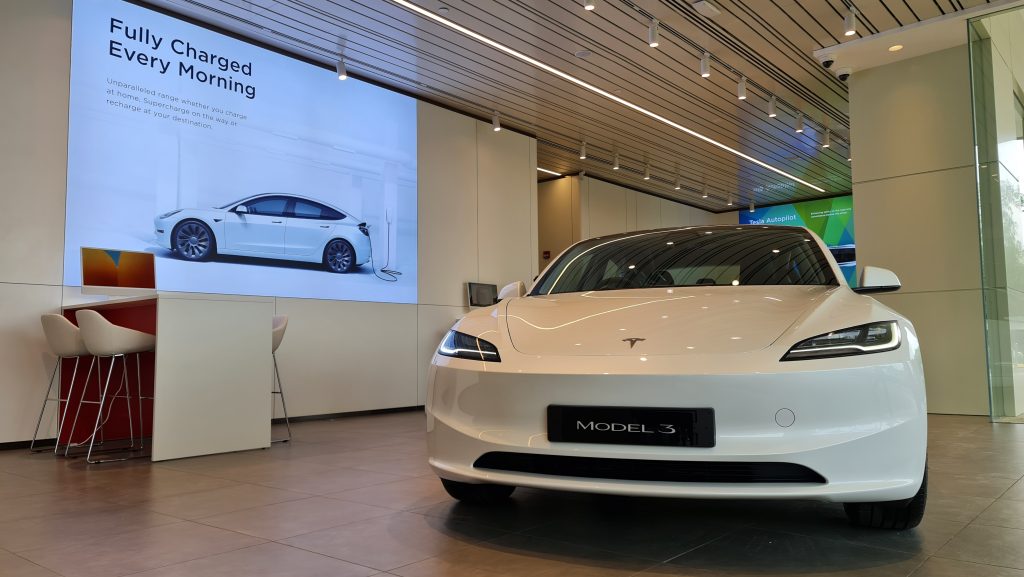
Tengku Zafrul Abdul Aziz cites for his confidence to stem from Malaysia’s large existing electronics industry will offer a strong foundation for the country to become a crucial part of global EV supply chains. He further added the country’s existing electronics ecosystem could also benefit from EV development, by supplying more than 1,400 components.
“EV is not just a car. It’s part of a different ecosystem,” explained Zafrul. “When you look at why we are pushing for an EV platform … it will [not only] help us meet our sustainability targets, but it also helps build the right ecosystem for our industries.”
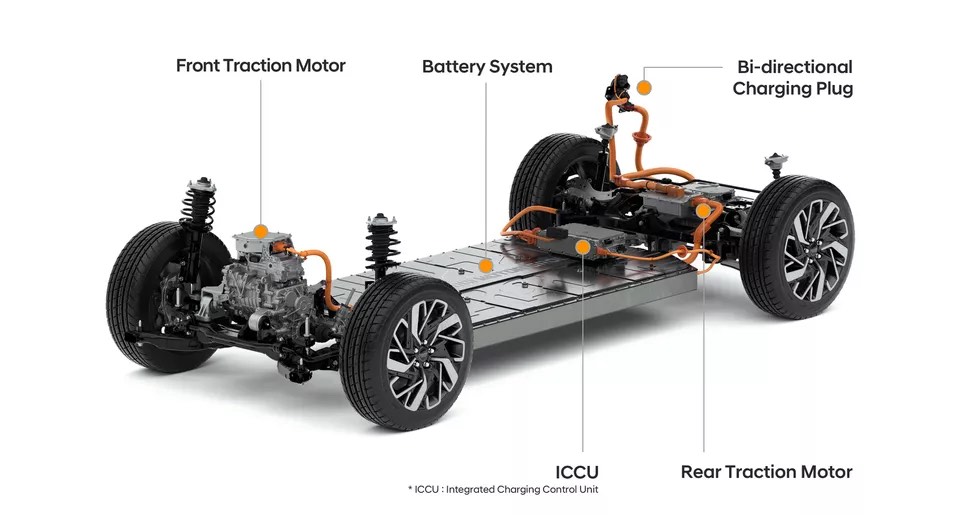
“For over 50 years now, we have built the capacity for the local companies in the ecosystem, and now these local companies have become multinationals as well,” Zafrul added, adding that local companies have expanded as listed companies and have become suppliers in global value chains.
The minister is also confident that recent major investments in the local EV sector will further assist in this goal of becoming ASEAN’s EV hub. Investments into Malaysia’s EV industry have reached RM 26.2 billion from 2018 to March 2023, with the number of registered EVs on the roads in Malaysia currently exceeding 7,500 units in September 2023.
“We are so serious about it,” Zafrul said of Malaysia’s EV push, to which he further added that the government has set up a cabinet-level committee on national EV strategy, which he chairs. “We have to incentivise them, we have to roll out fast, and we have to get the cars and motorcycles out,” he continued.
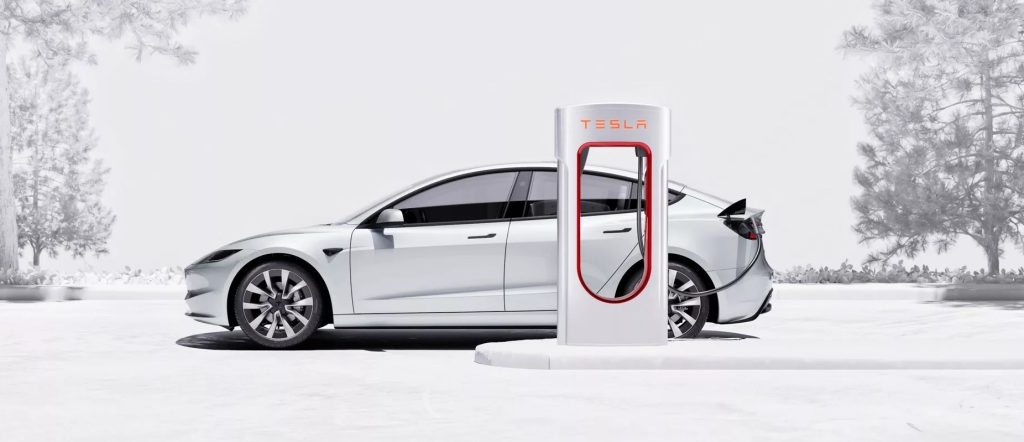
As such therefore, in the 2024 draft budget introduced in parliament earlier this month, the government had announced plans to introduce tiered tax incentives for investments in critical sectors, including EVs, ranging from a 60% to 100% tax allowance rate. A new road tax structure for EVs that will be cheaper than that for internal combustion engine cars has also been floated, in addition to relaxing regulations on the installation of charging stations to allow a quicker rollout.
Now all these incentives are undoubtably a step in the right direction towards wider local EV adoption, with the flurry of industrial news that came out recently regarding future potential projects related the home-grown development and production of EVs further being a positive sign for Malaysia to be a player in this increasingly important sector. It however does remain to be seen if Tengku Zafrul’s ambitious dream is ever realised, or will the sorry saga of Proton be repeating itself in this upcoming all-electric era.
